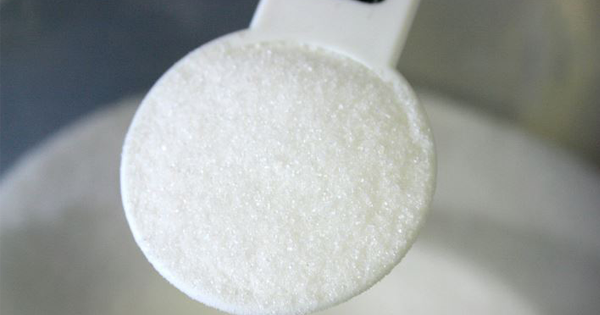Advertisement
For years, we’ve all been searching for the mythical calorie-free sweetener that magically tastes just as good as sugar, but doesn’t affect your waistline.
After health experts linked artificial sugars—like aspartame—to heightened cravings and weight gain, people started becoming more wary of these so-called sugar “substitutes.”
Still, manufacturers are trying to stay in business by offering consumers a new variety of healthy, all-natural alternative sweeteners.
But are they really safe? Here are a few popular artificial sweeteners that you should try—and some that you shouldn’t:
Monk Fruit
What Is It? China has been using this extract, which is said to be 300 times sweeter than real sugar, for ages. While its proper name is monk fruit, it is often referred to as “lo han sweetener.”
Is It Healthy/Safe? Rich in antioxidants with anti-inflammatory benefits, monk fruit has been used in China for nearly a thousand years as an easy way to treat obesity and diabetes. Though there have been no reports of negative side effects, it’s important to understand that monk fruit is still a sweetener. So, even though it claims to contain zero calories, the sweetness may trigger your cravings for sweets.
Erythritol
What Is It? Discovered in 1848, this sugar alcohol naturally occurs in some fruits and fermented foods. While it has 95 per cent less calories than regular sugar, the FDA labels it as containing some calories.
Is It Healthy/Safe? Erythritol is actually an excellent sweetener for those suffering from diabetes. It also seems to be tooth-friendly. Unlike other sugar alcohols, only about 10 per cent of erythritol makes its way to your colon. This means that it will not cause bloating and diarrhea, like other common sugar alcohols might. You’ll often find erythritol blended with other sweeteners, but you should make it a point to search for one that is 100 per cent erythritol powder.
Advertisement
Xylitol
What Is It? While this naturally-occurring sweetener is very similar in taste to sucrose, it actually has about 33 per cent less calories.
Is It Healthy/Safe? Since it doesn’t raise glucose levels like regular sugar does, Europeans have been using xylitol for over a century. Since it has a history of reducing the occurrence of cavities, the FDA allows manufacturers to claim that this particular sweetener does not promote dental caries. Unlike erythritol, however, xylitol does cause bloating, diarrhea, and gas when consumed in large amounts. Out of the three sweeteners on this list, xylitol’s laxative side effects make it the least recommended.
Have you ever tried any of these sweeteners? If so, tell us which one you like best in the comments!
Photo Copyright © 2008 Melissa Wiese/Flickr




